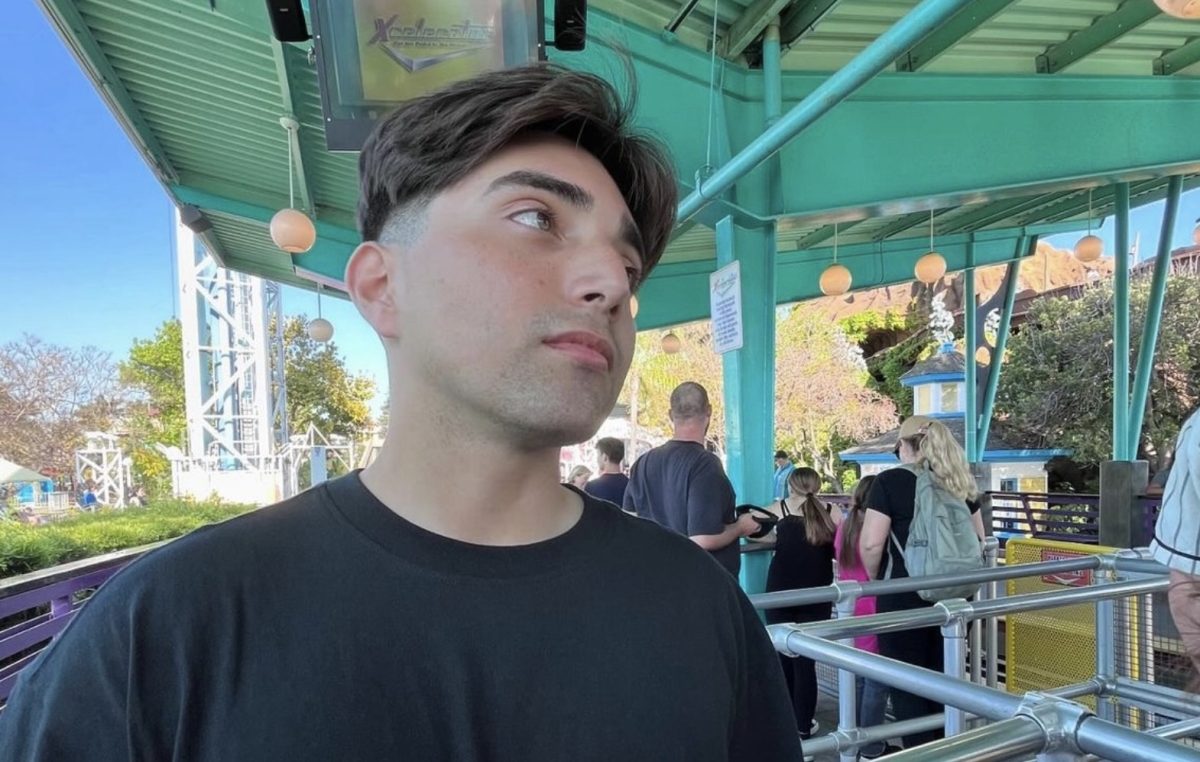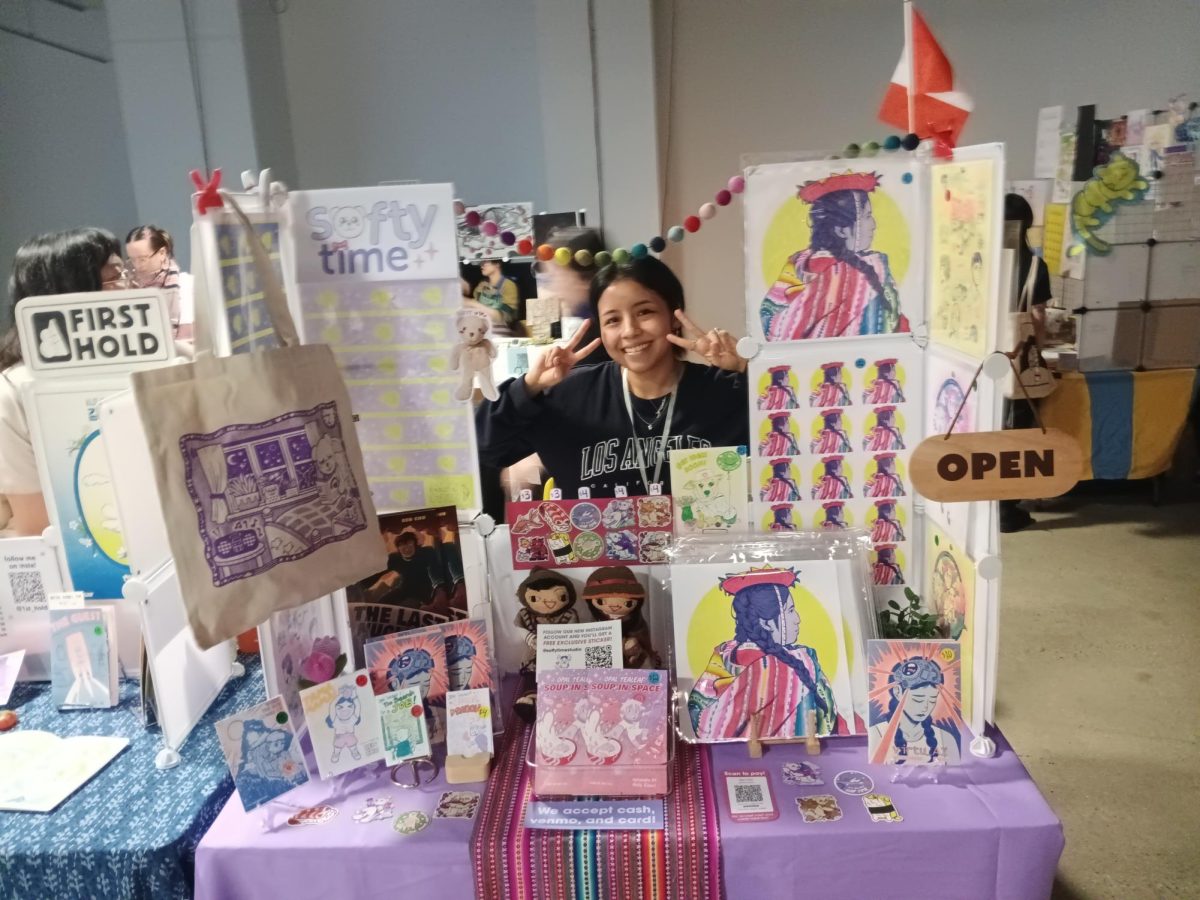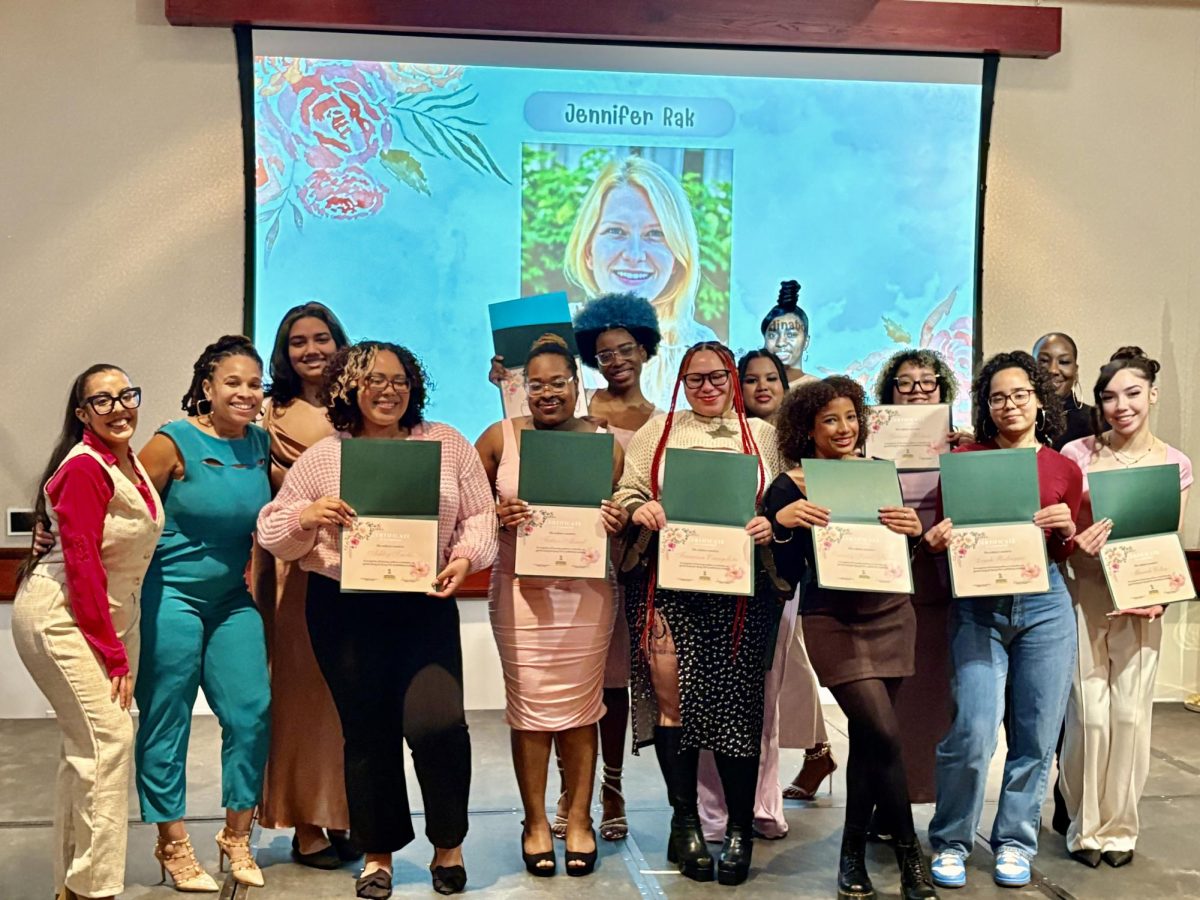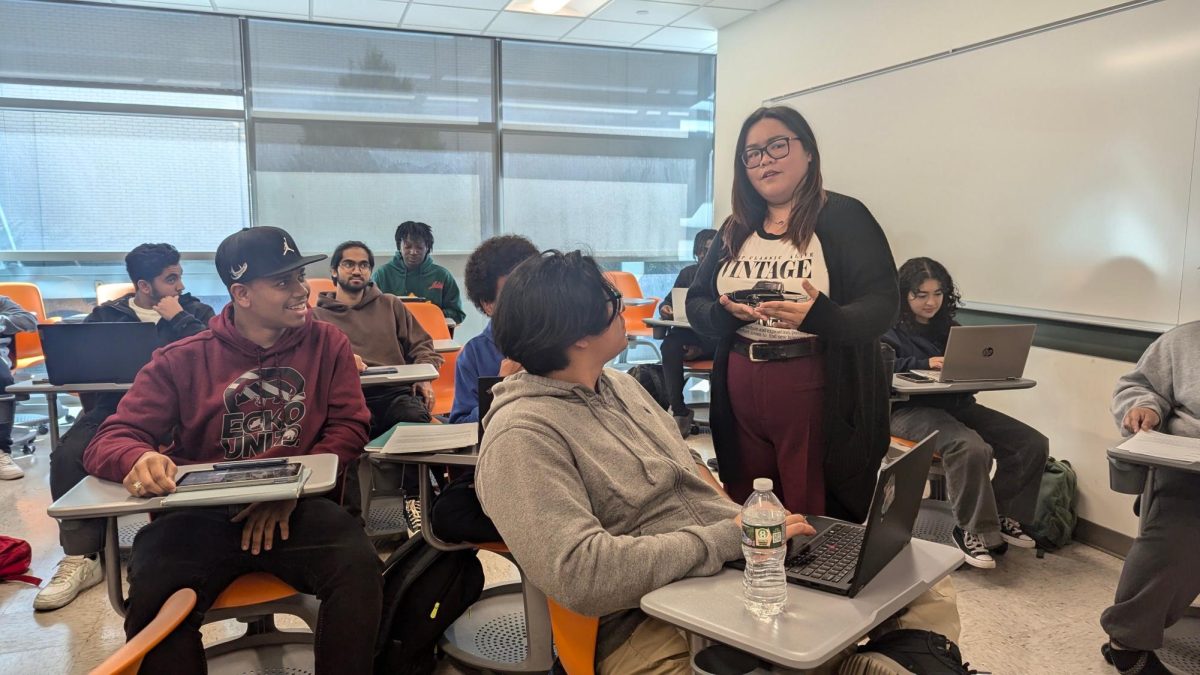When students hear the word “grants”, they normally think of government monies or loans they have applied for and received for their schooling. Here at NJCU, grants have emerged as a critical funding stream that has enabled the university to achieve its transformation as an excellent academic institution.
Unbeknownst to many, the Office of Grants and Sponsored Programs (OGSP) is tucked away on the third floor of Science Building (S330). OGSP is responsible for securing funding from government and foundations that benefit NJCU in various ways. Over the past four years, OGSP has obtained well over $30 million in grant funding – record breaking results for the University and especially significant when one considers the current economy and funding cuts by the State of New Jersey.
Leading OGSP is Ruddys Andrade, Associate Vice President of Academic Affairs. He manages OGSP and a number of NJCU units. This Fall Andrade proudly announced the acquisition of $9 million in grant monies from the U.S. Department of Education, which represents the largest grant acquisition at NJCU. These grant awards will fund a number of innovations at NJCU.
The grant from the Department of Education will be administered over the next five years. Part of the funding will “provide professional development for faculty and administration which will enhance the quality of instruction,” said Andrade. Half of the award will be used toward the renovation of the remaining science labs, providing students with access to state of the art facilities. Most notably, $1.2 million will support the University Foundation’s endowment. This means more scholarships will be available to students thanks to this grant.
Andrade also proudly noted that the proposal for one of the grants received a perfect score – a very rare instance – and further proof that NJCU’s intended use of the funds is extremely “effective and efficient.”
Additionally, NJCU has partnered with Hudson County Community College (HCCC) on one of the two grants. Grant monies will support a wireless network upgrade at HCCC and make Wi-Fi access available on both campuses.
Partnerships are a big part of OGSP’s success. The office has fostered strong ties with prominent non-profit agencies working for the improvement of the community at the local and state level. As a result, institutions like Liberty Science Center, the United Way of Hudson County, Rising Tide Capital, and Conserve Wildlife Foundation of New Jersey partner on grants with NJCU to serve a common purpose. “We are experienced in building sophisticated partnerships that respond to the needs of the college campus and the greater community,” said Andrade.
The process of receiving grants for the University is broken down into two sections: pre-award and post-award. Andrade explained, “Pre-award identifies possible funding opportunities, conceptualizes ideas for grant purposes, and when necessary creates partnerships such as HCCC and NJCU, Union County College and NJCU, or NJCU and United Way.” Writing is extremely important at the pre-award phase, which is when NJCU makes its pitch to receive funding. It’s not uncommon to write a 50 or 100 page grant proposal, which has to clearly and succinctly detail why NJCU needs the grant; how the funding will be spent to address that need; and simply make the case that NJCU and its proposed project is a better investment than the countless other applicants submitting a grant application.
If and when the University becomes funded, the post-award team handles the grant itself. Post-award is responsible for the management side, they make sure NJCU meets its goals as stated in its pitch; ensure compliance with the funder’s rules and guidelines; and submit progress reports.
Andrade was also willing to share his thoughts on President Hernandez upcoming retirement. “[President Hernandez] has been a tremendous leader on campus… NJCU’s champion… Captain of the ship,” said Andrade, “It was his vision that brought us this far [and] he will be dearly missed.”
OGSP can be considered the Financial Aid office that serves the University as a whole, rather than serving individual students. In these difficult economic times, it’s an office that we can’t do without.









